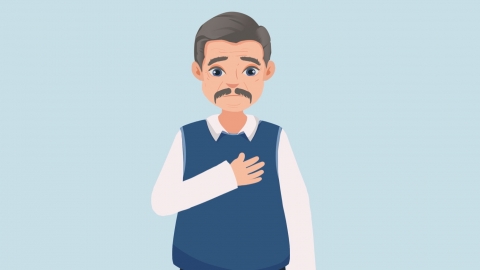What are the symptoms of Alzheimer's disease?
Alzheimer's disease, commonly referred to as Alzheimer's, is a neurodegenerative disorder. Its symptoms mainly include memory loss, cognitive decline, behavioral abnormalities, communication difficulties, and a gradual decline in the ability to perform daily activities. These symptoms progressively worsen as the disease advances. Detailed analysis is as follows:

1. Memory loss: The most noticeable symptom in the early stages is a decline in short-term memory. Patients often forget recent events, such as something they just said, something they just did, or where they placed an object, yet they may clearly remember events from many years ago. As the disease progresses, long-term memory will also gradually deteriorate.
2. Cognitive decline: Patients experience impaired judgment and decision-making abilities—for example, being unable to appropriately select clothing according to weather changes or miscalculating amounts while shopping. They may also have difficulty concentrating and be unable to complete simple tasks like cooking or tidying a room.
3. Behavioral abnormalities: Some patients may experience mood swings, such as sudden irritability, anxiety, or depression, or lose interest in previously enjoyable activities, becoming apathetic and withdrawn. Abnormal behaviors may also occur, such as repeatedly performing the same action, aimless wandering, or collecting useless items.
4. Communication difficulties: In the early stages, patients may struggle to find the right words during conversation, speak unclearly, repeat themselves, or give off-topic responses. As the disease progresses, language abilities further decline, potentially leading to an inability to form complete sentences or understand even simple instructions.
5. Decline in daily living abilities: Patients gradually become unable to independently complete routine tasks—for example, they may struggle to distinguish front from back when dressing, be unable to wash themselves, or easily knock over utensils while eating. In later stages, even basic physiological needs like eating, defecating, and urinating require assistance from others.
Caring for Alzheimer's patients requires patience and companionship. Creating a safe and familiar living environment can help patients maintain basic life skills. Additionally, appropriate cognitive training and social activities can, to some extent, slow disease progression and improve the patient's quality of life and sense of happiness.







